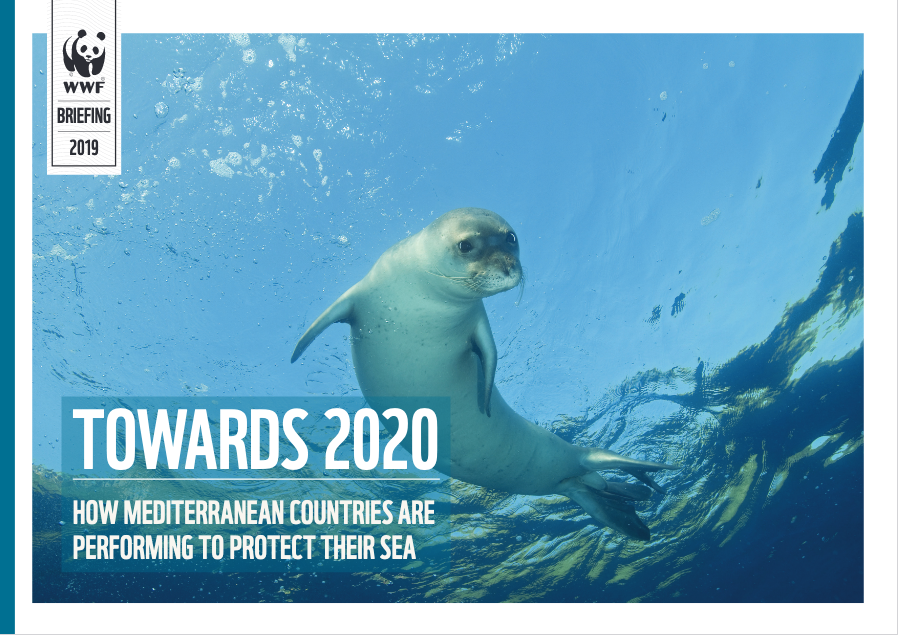For thousands of years, the Mediterranean Sea – with its exceptional diversity of marine and coastal ecosystems – has enabled the flourishing of a rich culture, trade and development. However, ongoing unsustainable fishing, tourism, plastic and chemical pollution, and rapid coastal development are causing the dramatic decrease and loss ofmarine species and the destruction of fragile habitats. The increasing effects of climate change and future trends of development at sea are further threatening the ecological and economic resilience of the whole region.
Ignoring this puts the health, well-being and prosperity of the people living along the coasts of the region under threat. The economic assets generated by the Mediterranean Sea are valued at around US$5.6 trillion. Decisive action to bend the curve on nature loss is needed to protect our natural capital and secure the future of the next generations.
A decade ago, Mediterranean countries signed the CBD Aichi Target 11 committing toprotect at least 10% of their waters with the creation of effective Marine Protected Areas (MPAs).
Today, one year before the 2020 deadline, WWF has commissioned a comparative analysis of the actions Mediterranean (EU and non-EU) countries have taken inimplementing conservation policies and creating an effective and well-managed networkof marine protected areas.
The results are far from encouraging:
- Currently, approximately 9.68% of the Mediterranean Sea has been designated as MPAs, but mainly in the northern part of the basin or with small paper parks.
- In the past 10 years, most countries have made no effort to designate additional areas. A large part of the increase in MPA cover is due to France and Spain with asmall contribution from Albania, Croatia, Greece and Malta. A very small surface ofnew MPAs was designated in Egypt, Italy, Slovenia, and Turkey.
- Only 2.48% of the Mediterranean is covered by MPAs with a management plan, only 1.27% by MPAs that effectively implement their management plans, and a tiny 0.03% is covered by fully protected areas. Most of the Mediterranean is left unprotected.
- Mediterranean MPAs are not part of an ecologically, representative and well-connected system of protected areas.

Read the brief and the full report
Gomei M., Abdulla A., Schröder C., Yadav S., Sánchez A., Rodríguez D., Abdul Malak D. (2019). Towards 2020: how Mediterranean countries are performing to protect their sea. 38 pages.
